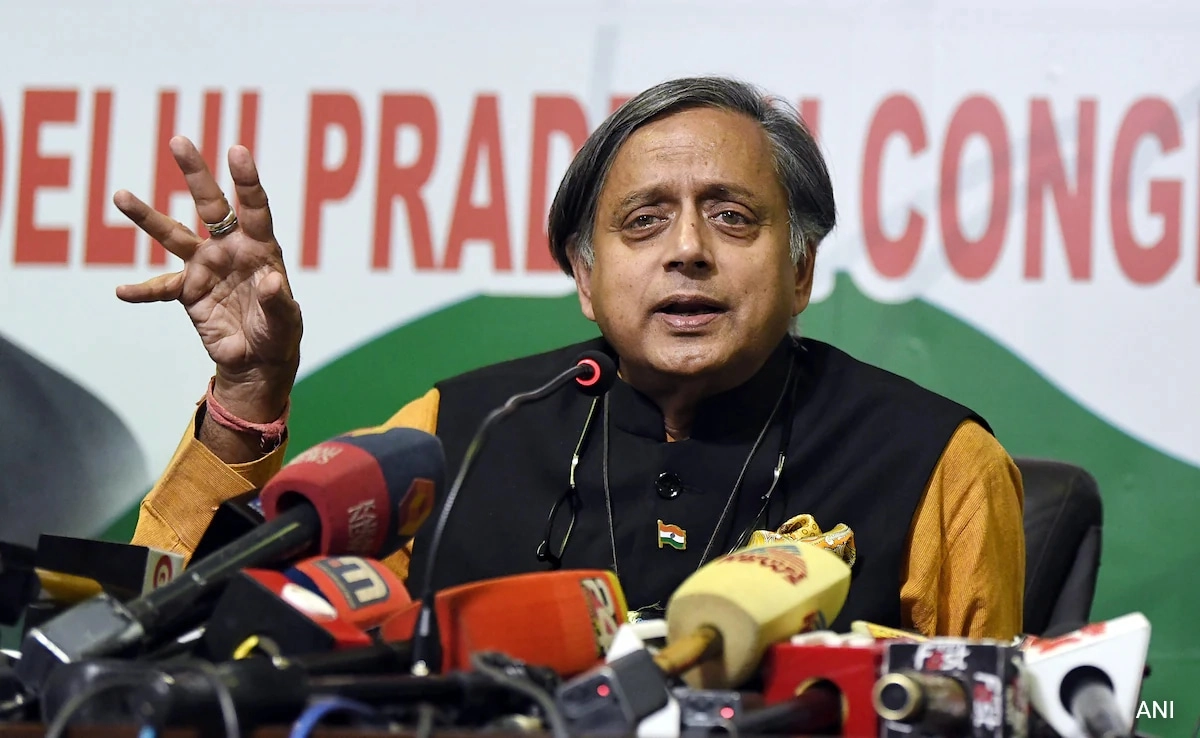Shashi Tharoor, the prominent Indian politician and member of the Indian National Congress, recently addressed comments made by party leaders regarding the concept of a ‘Lakshman Rekha’ in the context of political discourse and boundaries. The term ‘Lakshman Rekha’, originating from the Hindu epic Ramayana, symbolizes a line that should not be crossed. It serves as a metaphorical guideline for behavior and decorum in political discussions. Tharoor, known for his eloquence and articulate expressions, emphasized that while he values the party’s perspective, he does not see himself as a mere spokesperson for its leadership or directives.
In his response, Tharoor underlined the importance of individual expression and the diverse opinions that exist within a political party. He pointed out that healthy political discourse often thrives on a range of viewpoints, and it is essential for party members to voice their thoughts freely, especially on contentious issues. Tharoor’s insistence on this principle underscores the democratic ethos that allows for debate and dissent, which are vital for the growth and evolution of any political entity. His remarks not only reflect his personal stance but also resonate with the broader need for openness in political dialogue.
The implications of Tharoor’s comments extend beyond mere party dynamics; they highlight a significant aspect of modern Indian politics, where the lines between individual beliefs and party loyalty can often become blurred. By asserting his independence of thought, Tharoor invites a broader conversation about the nature of political allegiance and the responsibilities that come with it. His approach encourages other politicians to engage in meaningful discussions rather than conforming to a singular narrative dictated by party leaders. In a landscape where political polarization is rampant, Tharoor’s call for reasoned debate and personal accountability stands out as a refreshing reminder of the values of democracy.
Ultimately, Tharoor’s remarks serve as a call to action for politicians and citizens alike to uphold the principles of open dialogue and mutual respect in the political arena. By advocating for individual expression within party structures, he reaffirms the idea that while party loyalty is important, it should not come at the cost of personal conviction and integrity. The conversation surrounding the ‘Lakshman Rekha’ is not just about boundaries; it is about the freedom to question, to disagree, and to contribute to a more vibrant and inclusive political discourse. In doing so, Tharoor not only redefines his role within the Congress party but also sets a precedent for future political engagement in India.




